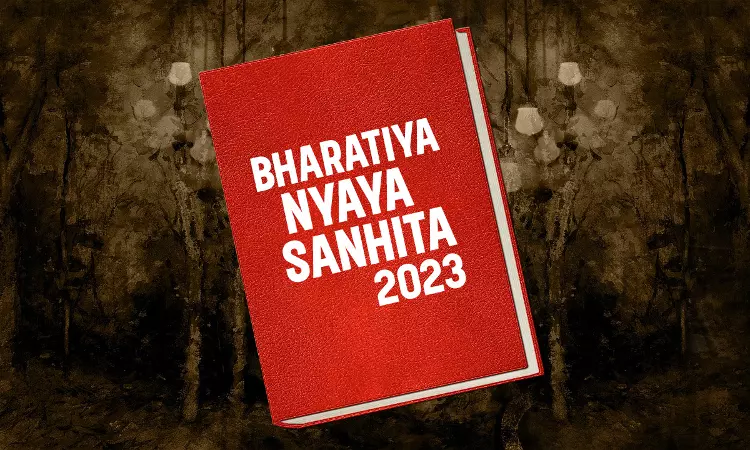Delhi has filed its first First Information Report (FIR) under Section 173 of the Bharatiya Nyaya Sanhita (BNS), which supersedes the Indian Penal Code from the British era, since the new criminal rules went into effect.
At the New Delhi Railway Station, a street vendor was prosecuted under Section 285 of the BNS for selling tobacco items and water from a cart, obstructing a foot overbridge. Police asked the vendor to move the cart, but the vendor refused.
Governing Cases: Transition from Old to New Legal Framework
Cases registered up to June 30 will continue to be governed by the Indian Evidence Act, the Criminal Procedure Code (CrPC), and the Indian Penal Code (IPC). All FIRs filed after July 1st will be subject to the BNS requirements.
Also Read: ‘ENDING ON A HIGH’: Sachin shares emotional post on Virat-Rohit post World Cup win
With 358 sections, the BNS shortens the 511 sections of the IPC, adds new offenses, prolongs some people’s incarceration, raises fines, and incorporates community service. While the Bharatiya Sakshya Adhiniyam (BSA) replaces the Indian Evidence Act, adding and changing multiple parts, the Bharatiya Nagarik Suraksha Sanhita (BNSS) includes 531 provisions, compared to 484 under the CrPC, with major revisions.
Implementation of New Legislation with Technological Advancements
The new legislation, which were put into effect following six months of stakeholder input, are intended to use technology to update India’s criminal justice system.
These three new laws were drafted by Home Minister Amit Shah after 158 sessions in which he reviewed 3,200 comments. The legislation was adopted by Parliament based on the recommendations of a parliamentary standing committee.














